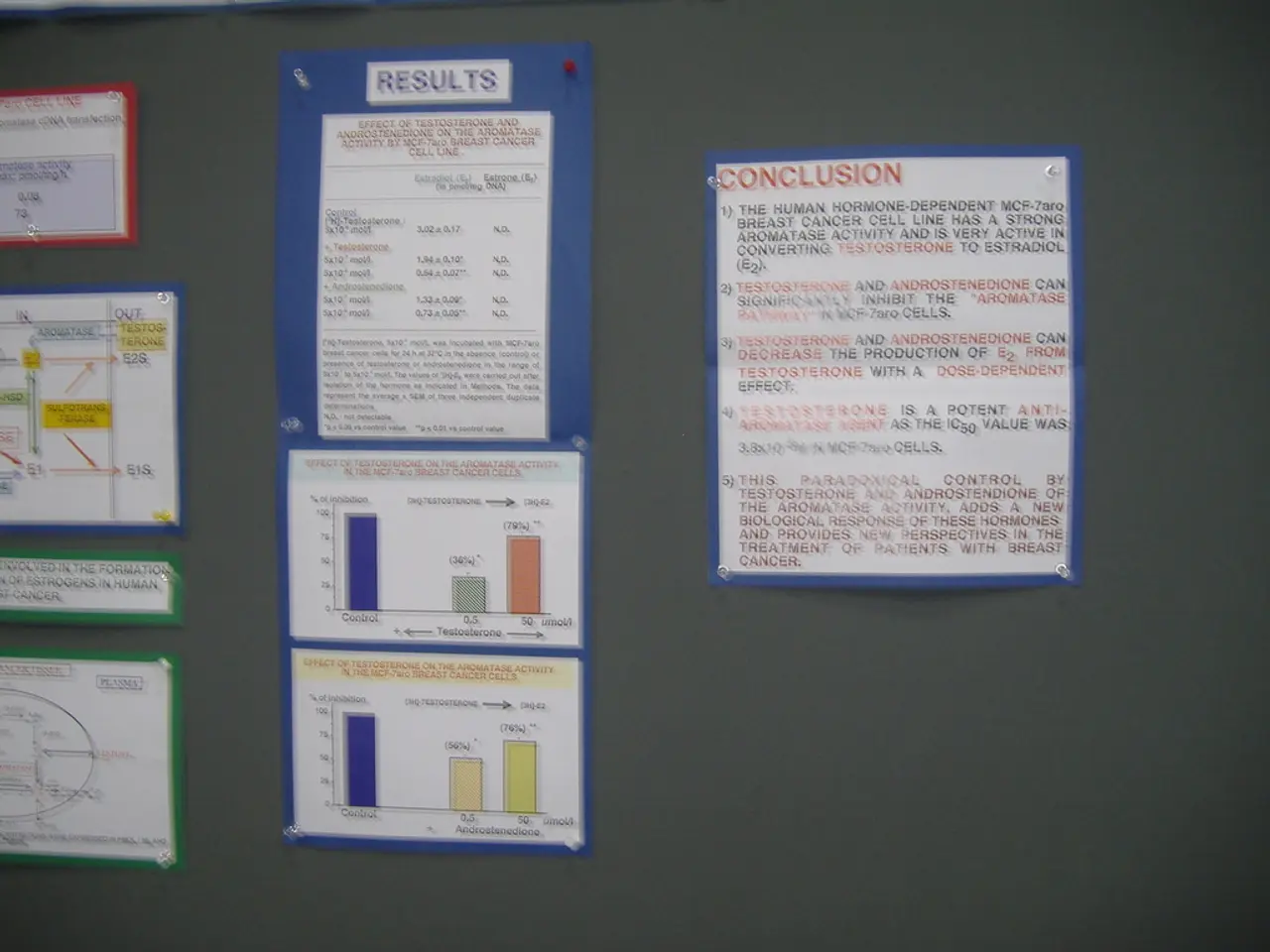Could Your Work Stress Be Hiding Early Alzheimer’s Signs?
Feeling overwhelmed at work? Persistent stress can lead to more than just sleepless nights. It can contribute to 'inflammaging', increasing the risk of age-related conditions like Alzheimer's, even in younger adults. Recognizing signs of stress and knowing when to seek help is crucial.
Stress can manifest in various ways at work. Common signs include memory lapses, difficulty concentrating, and struggling to communicate effectively. These could be stress-related, but they might also indicate early symptoms of Alzheimer's, especially in those under 65.
Struggling to keep up during meetings, re-reading documents without absorbing information, or frequently forgetting appointments could all be red flags. Changes in mood, such as increased irritability or withdrawal, may also reflect neurological changes.
If you're working long hours, facing financial difficulties, or juggling multiple responsibilities, it might be time to discuss these issues with your GP. They can help determine if your symptoms are stress-related or if further investigation is needed.
Regular health monitoring can help catch potential issues early. If you're experiencing persistent changes in memory, concentration, or mood, don't hesitate to seek medical advice. While stress can cause these symptoms, it's important to rule out other possibilities, such as early signs of Alzheimer's.







